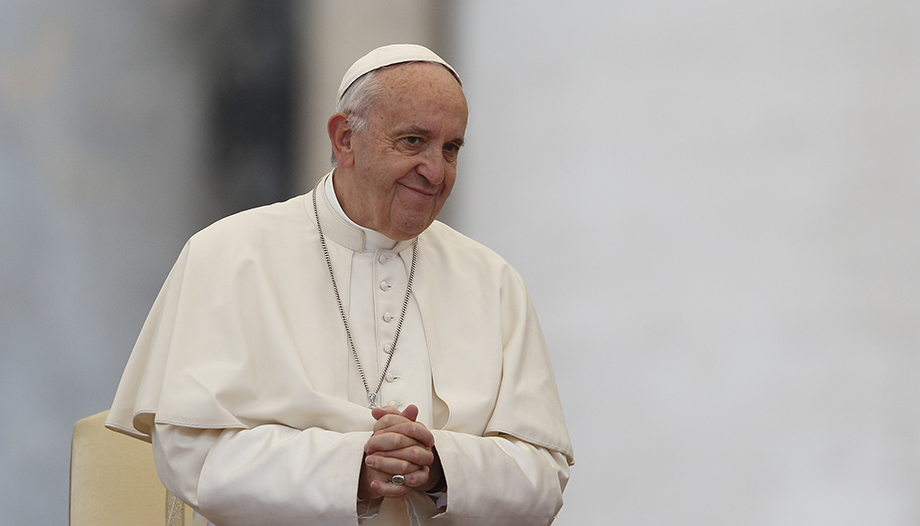It is dated May 15, the Solemnity of Pentecost, and has the express approval of the Supreme Pontiff Francis, in an Audience granted to the Prefect of the Congregation on March 14 of the present year. It is, therefore, a document that participates in the ordinary magisterium of the successor of Peter. In this case, there is also a circumstance that increases the interest of the Letter: it is the first document of the Congregation for the Doctrine of the Faith approved by Francis in his pontificate. The aim of the text is "remember, in the light of the relationship between hierarchical and charismatic gifts, the theological and ecclesiological elements whose understanding can be conducive to a participation fecund and orderly of the new aggregations to communion and to the mission of the Church rejuvenates".. After reviewing the fundamental elements of the doctrine on charisms in Scripture and in the Magisterium, it offers elements of identity of the hierarchical and charismatic gifts and provides some criteria for the discernment of the new ecclesial groups. Although the focus is on these new groups, the doctrinal foundations recalled in the Letter are of enormous importance for a correct understanding of the relationship between the apostolic ministry and the consecrated life.
In the face of those who have erroneously pre-established the relationship in the Church between the institutional dimension and the charismatic dimension in terms of contrast or opposition, the Magisterium since St. John Paul II has insisted that both dimensions are equally essential (co-essential) for the divine constitution of the Church founded by Jesus. Coessentiality is not to be understood as a track with two parallel rails, but as a single furrow in which breadth and depth - even though distinguishable - are inseparable, because, as Benedict XVI affirmed, the two dimensions of the Church are equally essential, "in the The essential institutions of the Church are also charismatic and charisms must be institutionalized in one way or another in order to have coherence and continuity"..
The latest document of the Congregation for the Doctrine of the Faith thus appears, in time and content, as the portico that allows us to enter into a coherent reading of some of the Pope's recent interventions. The Apostolic Letter The goods temporaryThe Apostolic Constitution on certain competencies in economic and financial matters offers new guidelines for greater transparency in the administration of the patrimony of the Holy See. The Apostolic Constitution Vultum Dei quaerereThe Pope, while expressing appreciation, praise and thanksgiving for the consecrated life and monastic contemplative life, offers provisions on twelve themes to be incorporated into the Constitutions or Rules of each of the Institutes of Consecrated Life and Societies of Apostolic Life: formation, prayer, the Word of God, Eucharist and Reconciliation, fraternal life in community, autonomy, federations, enclosure, work, silence, means of communication and asceticism. On August 4, described by Francis as the day of "a Jesuit among friars", the Pope addressed the Dominicans in the morning during a meeting with the General Chapter of the Order of Friars Preachers and the Franciscans in the afternoon during a visit to the Basilica of St. Mary of the Angels in Assisi, on the occasion of the 8th Centenary of the "Pardon of Assisi". After the July break, the catechesis in the Wednesday audiences were once again focused on the Year of the Pardon of Assisi. mercy.
The Church has once again shown its rejuvenated face in the World Youth Dayconceived by Francis as "prophetic sign for Poland, for Europa and for the world".a sign of hope called fraternity, of which our war-torn world is so much in need today.
Degree in Medicine and Surgery from the University of Santiago de Compostela. Professor of Ecclesiology and Pastoral Theology in the Department of Systematic Theology at the University of Navarra.











